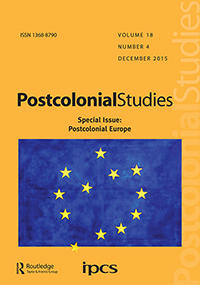Postcolonial Bureaucracies: Power and Public Administration in 'Most of the World'
Markus-Michael Müller – 2013
In the opening pages of Orientalism Edward Said stated that Orientalism, far from being limited to the imaginary self-definition of the West, inscribed itself into the material design and practices of bureaucratic institutions and actors in Europe, European colonies, and colonization efforts. The postcolonial afterlife of such geopolitical knowledge that portrays the West as the only location ‘that has the privilege of possessing dominant categories of thoughts from which and where the rest of the world can be described, classified, understood and “improved”’ is most visible in the current debates on so-called ‘failed states’. Taking into consideration the Weberian conception of bureaucracy defined as a ‘permanent structure with a system of rational rules […] fashioned to meet calculable and recurrent needs by means of normal routine’, this debate takes a reified vision of Western bureaucracies—conceived as impersonal, merit-based, rational-legal state institutions—as the point of departure for a normative institutional benchmarking exercise against which non-Western bureaucracies are measured. As one of the most influential contributors to this debate argues, ‘failed states’, which are usually to be found beyond the West, are haunted by ‘flawed institutions’, notably the state bureaucracy, which, it is argued, ‘has long ago lost its sense of professional responsibility and exists solely to carry out the orders of the executive and, in petty ways, to oppress citizens’.

